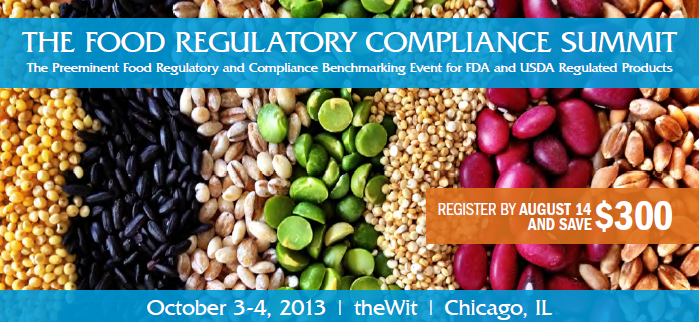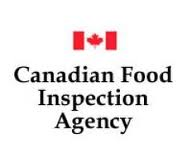
Jason Klinowski was selected to join the team assembled to defend Midamar Corporation against certain allegations of criminal violations of the Federal Food Drug & Cosmetic Act and other related charges. In connection with this engagement, I had the opportunity to travel to Iowa to visit Midamar and members of the Aossey family. After doing so, I can attest to how much the family cares about their commitment to the Islamic community and the products they sell to their customers. The Aossey family has built a remarkable company and I am very proud to be associated with Midamar Corporation!


 As the produce industry follows the fate of Eric and Ryan Jensen many articles and commentary have surfaced in support of the brothers Jensen. However, these articles and commentary all focus around a significant misconception about the government’s burden of proof. Specifically, the general misconception is that the U.S. Attorney’s Office must prove or otherwise show intent on the part of the Jensen brothers to obtain a criminal conviction.
As the produce industry follows the fate of Eric and Ryan Jensen many articles and commentary have surfaced in support of the brothers Jensen. However, these articles and commentary all focus around a significant misconception about the government’s burden of proof. Specifically, the general misconception is that the U.S. Attorney’s Office must prove or otherwise show intent on the part of the Jensen brothers to obtain a criminal conviction. 

 I wanted to take a second and thank everyone who joined me and Freeborn’s Food Industry Team at Michael Jordan’s Steakhouse for a cocktail reception after the Midwest Produce Conference & Expo. Those of you who attended know that Freeborn’s event provides a great way for folks to close out the conference and experience one of Chicago’s “must visit” restaurants. Our event also helps you maximize your networking time in Chicago by providing a great atmosphere to connect with your produce industry peers and colleagues. For those of you who could not make it, we hope to see you in New Orleans for the upcoming PMA show.
I wanted to take a second and thank everyone who joined me and Freeborn’s Food Industry Team at Michael Jordan’s Steakhouse for a cocktail reception after the Midwest Produce Conference & Expo. Those of you who attended know that Freeborn’s event provides a great way for folks to close out the conference and experience one of Chicago’s “must visit” restaurants. Our event also helps you maximize your networking time in Chicago by providing a great atmosphere to connect with your produce industry peers and colleagues. For those of you who could not make it, we hope to see you in New Orleans for the upcoming PMA show.

 In April of 2013, Nicholas Kluge wrote an article titled:
In April of 2013, Nicholas Kluge wrote an article titled: 
 As reported by Food Safety News on April 11, 2013, the Obama administration is “seeking a significant increase in funding at the U.S. Food and Drug Administration to help the agency implement the monumental Food Safety Modernization Act.”
As reported by Food Safety News on April 11, 2013, the Obama administration is “seeking a significant increase in funding at the U.S. Food and Drug Administration to help the agency implement the monumental Food Safety Modernization Act.”